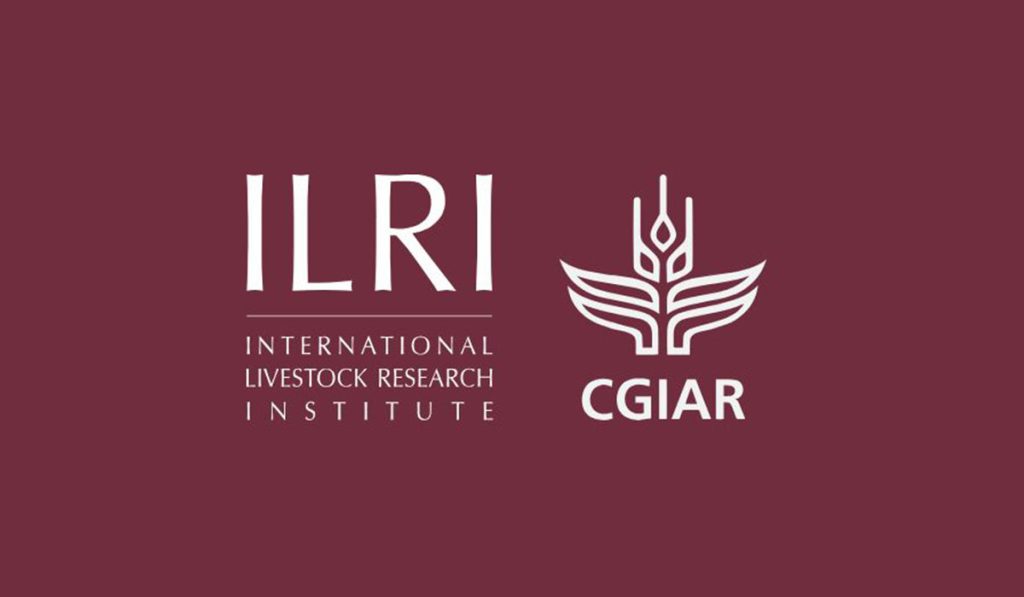Scientists and experts from the International Livestock Research Institute (ILRI), Nairobi, Kenya and beyond, would present and discuss the role of livestock systems in African climate strategies, including opportunities for adaptation to preserve food security and livelihoods, as well as ways to reduce livestock-related emissions. ILRI’s Mazingira Centre, where research into livestock emissions and environmental impact is carried out, would also be open to journalists.
The following topics are to be covered: the impact of climate change on African livestock systems, including the ongoing drought, strategies for reducing loss and damage within the livestock sector, the future of pastoralism and sustainable rangeland management, and the role of livestock in national climate strategies and negotiations ahead of the United Nations Climate Change Conference (UNFCC COP28). According to David Aronson, Specialist, Awareness and Advocacy of ILRI, the event takes place on August 28, 2023 from 9am to 12.30pm East African Time (EAT). An estimated half of Kenya’s agricultural labour force is employed in the livestock sector, which contributes around 10 per cent of national GDP.
However, the sector is both a driver and a victim of the impacts of climate change. Insufficient rainfall over the past five years has caused the loss of more than 2.5 million livestock, representing food and income security for millions. Ahead of the African Climate Action Summit in September, scientists would present evidence and innovations that can help Kenya’s livestock keepers adapt to climate extremes and reduce losses, while minimising emissions, land degradation and biodiversity loss. The roundtable would take place ahead of the African Climate Action Summit, which would be held during Africa Climate Week, between September 4 and 8, 2023.

